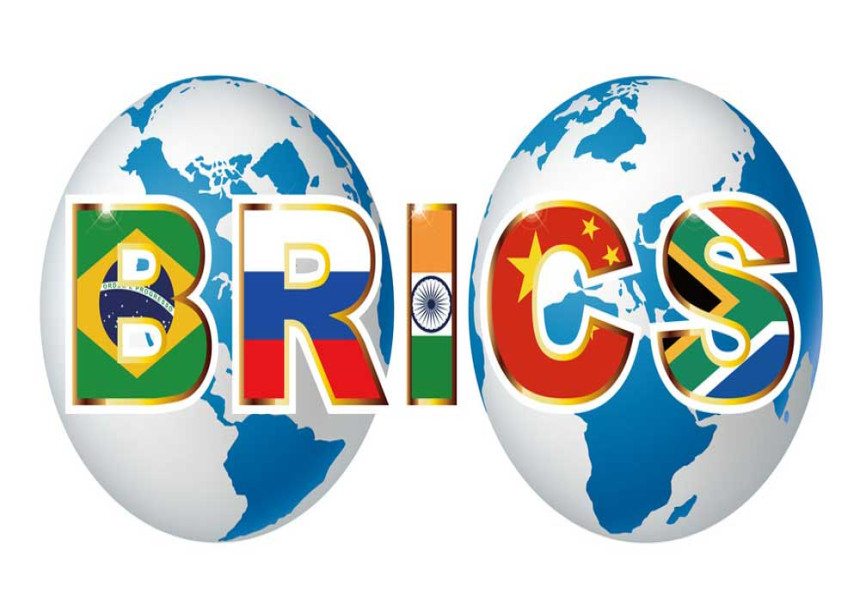BRICS Expansion: Empowering the Global South and Reshaping Global Dynamics
The BRICS group, consisting of Brazil, Russia, India, China, and South Africa, is undergoing a significant expansion, marking a shift in the global landscape and reflecting the growing influence of emerging economies. This move signifies a commitment to multilateralism, economic integration, and a rebalancing of global power.
New Members and Partners
As of January 1st, Kazakhstan, Malaysia, Cuba, Bolivia, and Uganda became partner nations of BRICS. On January 6th, Indonesia officially joined, becoming the first Southeast Asian member. Indonesian President Prabowo Subianto expressed honor in joining the BRICS.
In addition to the original five, Egypt, Ethiopia, Iran, and the United Arab Emirates joined BRICS in 2024. Countries including Bangladesh, Senegal, Azerbaijan, Myanmar, Pakistan, Sri Lanka, Syria, and Venezuela have applied for membership. Algeria, Turkey, and Vietnam are observers.
This expansion highlights BRICS' attractiveness as a platform for emerging economies to address shared challenges and seek a greater role in global governance. The BRICS nations agreed to admit Indonesia in accordance with principles agreed upon at the 15th BRICS Summit in Johannesburg in August 2023.
Impact on the Global South
The BRICS expansion has implications for the "Global South," encompassing developing countries primarily in Asia, Africa, and Latin America.
- Increased Representation: The inclusion of more countries from the Global South strengthens their voice on the global stage, aiming to improve global governance through the BRICS cooperation mechanism.
- Economic Opportunities: BRICS promotes enhanced economic cooperation, trade, investment, and financial collaboration. The bloc aims to develop more efficient payment systems.
- South-South Cooperation: The BRICS mechanism fosters unity and cooperation within the Global South, facilitating the sharing of experiences and best practices.
- Challenging the Existing Order: By expanding and promoting alternative financial institutions, BRICS challenges the dominance of developed economies in the global financial system.
Indonesia's Role
Indonesia's membership is significant, being the world's fourth-most populous country, the largest in Southeast Asia, and the only Southeast Asian member of the G20.
Indonesia has a strong base for cooperation with other BRICS countries. In 2023, trade between Indonesia and BRICS countries reached $173.29 billion, covering 36.1% of Indonesia's foreign trade. China has been Indonesia's main trading partner since 2011. Indonesia exports resources, timber products, mineral products, and pulp, while importing textiles, leather goods, plastics, and rubber.
The Indonesian government's economic development strategy aligns with the BRICS cooperation mechanism. President Prabowo Subianto is committed to continuing Joko Widodo's policies, focusing on energy, the green economy, the blue economy, and digital economy development. These areas align with "Greater BRICS Cooperation" goals. Indonesia's membership will help consolidate the economic foundation of BRICS, benefit Southeast Asia, and improve the group's representativeness.
Future Priorities
Key priorities for BRICS moving forward include:
- Economic Cooperation: Deepening ties through trade, investment, and financial cooperation.
- Sustainable Development: Promoting sustainable and green economy initiatives.
- Financial Reform: Reforming the global financial system for greater equity.
- Technological Innovation: Strengthening cooperation in technological innovation and the digital economy.
- Social Development: Improving living standards and reducing poverty.
- Local Currency Settlement: exploring the possibility of local currency settlement and monetary cooperation
The expansion of BRICS reflects emerging economies' desire to integrate into economic cooperation and bring changes to the international political and economic landscape. Greater influence of the "Global South" can foster more equitable and sustainable global development. During Brazil's BRICS presidency in 2025, efforts will focus on strengthening cooperation in the "Global South" and promoting global governance reform, deepening "Greater BRICS Cooperation." Key efforts will include developing a more efficient payment system and advancing green projects.









